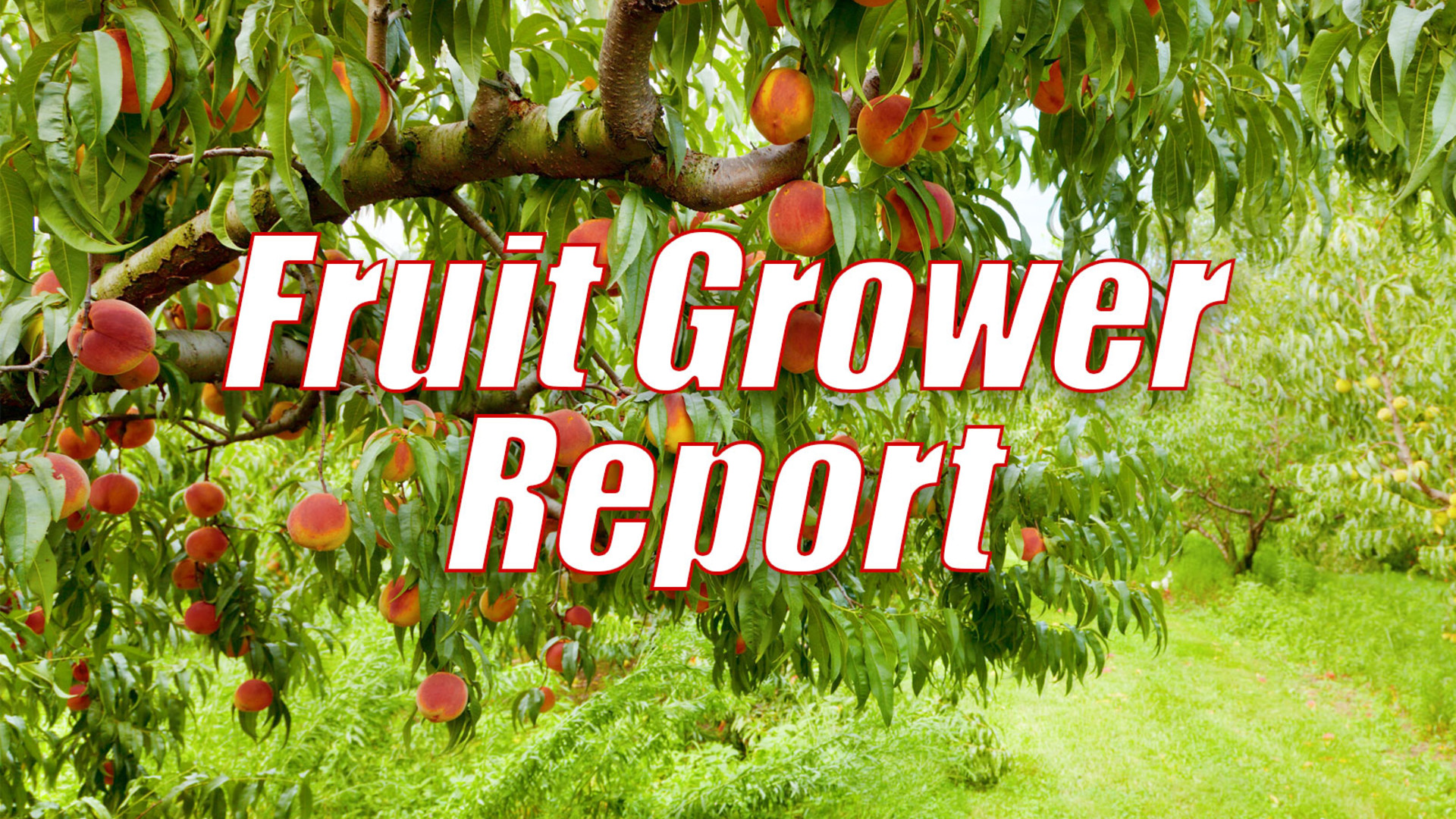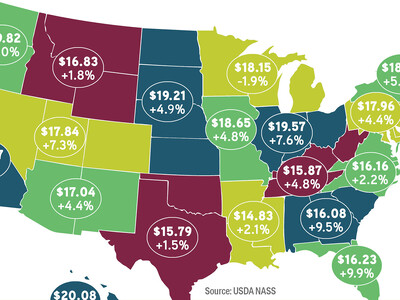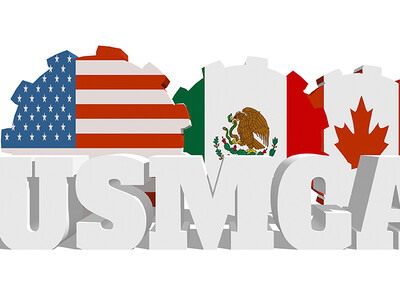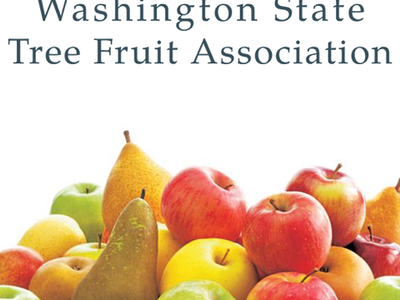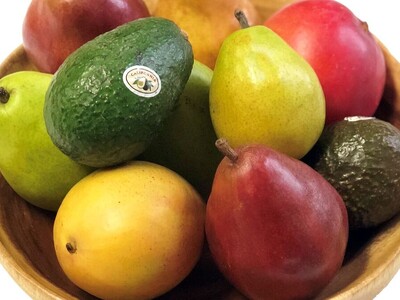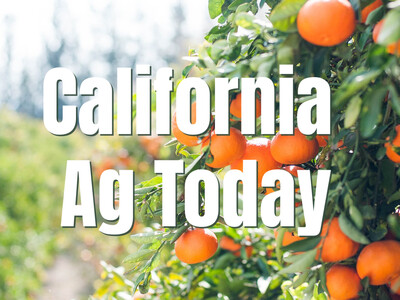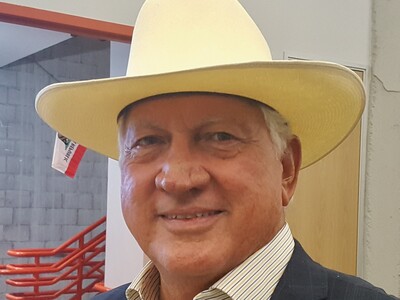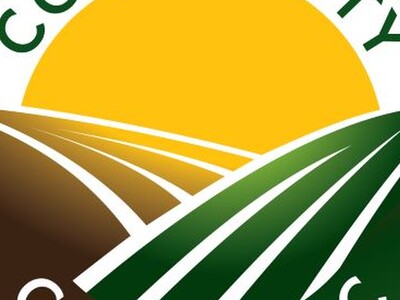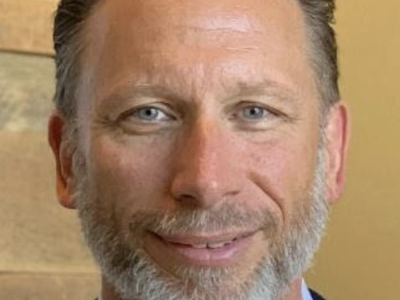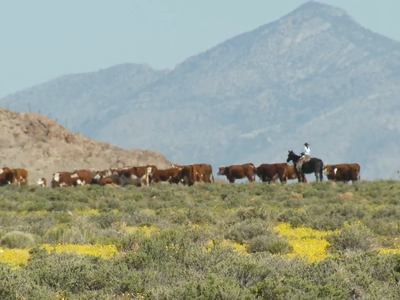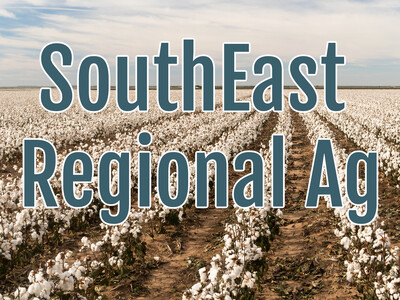Dealing With Runoff
Dealing With Runoff. I’m Greg Martin with today’s Fruit Grower Report.
Okay, granted it doesn’t rain that much in
HOWARD: The state has something called municipal storm water permits and these are regulations the state has placed. The larger cities and counties in the state have to manage their storm water and we know the polluted storm water is a concern because it’s full of all kinds of toxic chemicals and bacteria that it picks up from the land.
Obviously rain that falls on unpopulated agriculture areas does not come into play here. The largest cities have been regulated for a number of years and the second tier of large cities fell under the regulations in 2007 but the DOT asked for something a bit more tailored.
HOWARD: So what this means is say you’re a company or entity that may be discharging something that would make waters polluted – we put you under a permit and the permit gives you limits as to how much you can let get off your site and those limits are set to protect downstream water quality.
Many businesses are moving to include green roofs and other ways of diverting runoff into wetlands. For more information on the new permits, visit the Washington DOT website.
That’s today’s Fruit Grower Report. I’m Greg Martin on the Northwest Ag Information Network.


